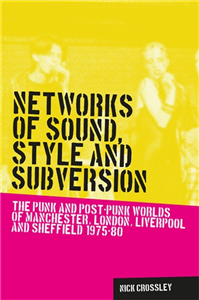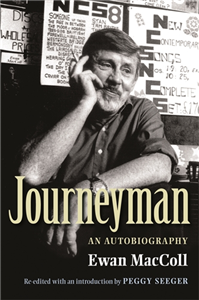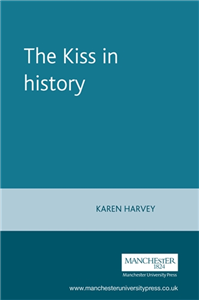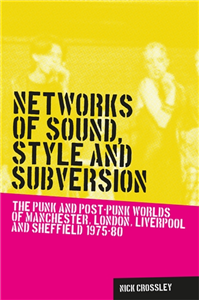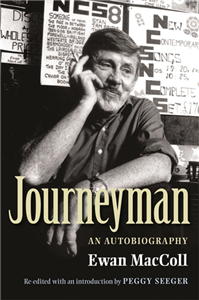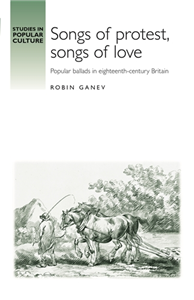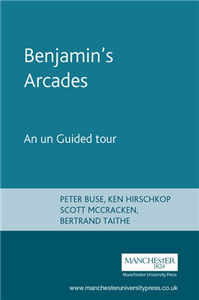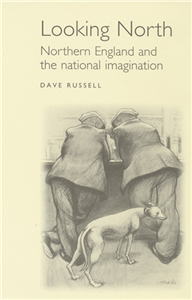The art of darkness
The history of goth
by John Robb
This is the first comprehensive history of goth music and culture. Across more than 500 pages, John Robb explores the origins and legacy of this enduring scene, which has its roots in the post-punk era. Drawing on his own experience as a musician and journalist, Robb covers the style, the music and the clubs that spawned the culture, alongside political and social conditions. He also reaches back further to key historic events and movements that frame the ideas of goth, from the fall of Rome to Lord Byron and the romantic poets, European folk tales, Gothic art and the occult. Finally, he considers the current mainstream goth of Instagram influencers, film, literature and music. The Art of Darkness features interviews with Siouxsie and the Banshees, The Cure, The Damned, Nick Cave, Southern Death Cult, Einstürzende Neubauten, Bauhaus, Killing Joke, Throbbing Gristle, Danielle Dax, Lydia Lunch and many more. It offers a first-hand account of being there at the gigs and clubs that made the scene happen.













